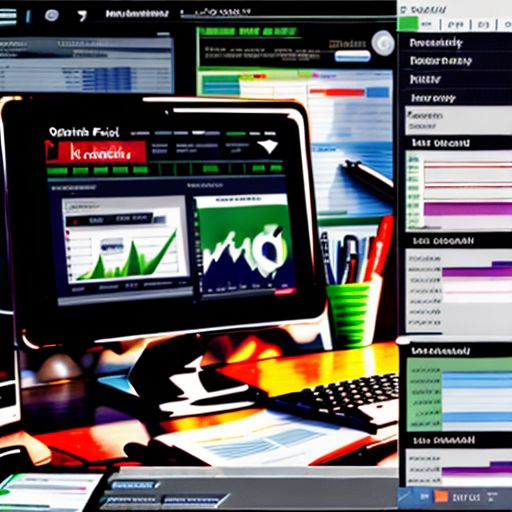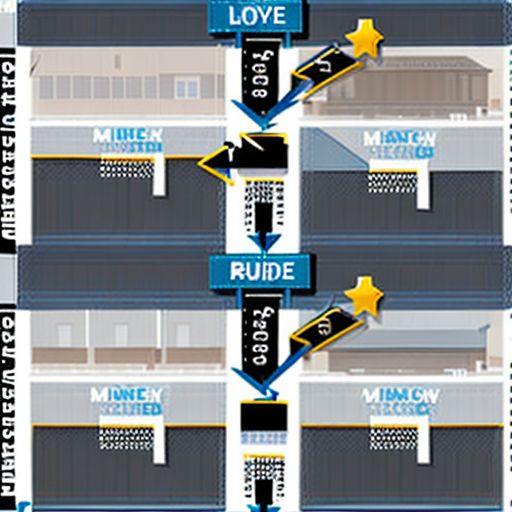Is QuickBooks Right for Personal Finance? A Detailed Look
Many people associate QuickBooks with small business accounting, and for good reason! It’s incredibly powerful software for managing business finances. But what about using Quickbooks For Personal Finance? Is that a good idea?
This article dives deep into that question, exploring the pros and cons, answering common queries, and analyzing whether QuickBooks is the right fit for your personal financial management.
Understanding the Basics: What is QuickBooks?
Before we jump into the “personal finance” side, let’s clarify what QuickBooks is all about. In a nutshell, QuickBooks is accounting software designed to:
- Track income and expenses: Log every dollar coming in and going out.
- Create invoices and receive payments: Especially useful for freelancers and small businesses.
- Generate financial reports: Gain insights into your cash flow, profitability, and more.
- Manage bills and payments: Stay on top of due dates and avoid late fees.
While these features are undeniably helpful for businesses, their relevance to personal finance is what we’ll be examining.
financial.irishsetterpub.com/wp-content/uploads/2024/07/quickbooks-personal-finance-dashboard-669751.jpg" alt="QuickBooks Personal Finance Dashboard" width="512" height="512">QuickBooks Personal Finance Dashboard
Can QuickBooks Actually Be Used for Personal Finances?
The short answer is yes, you can absolutely use QuickBooks for your personal finances. However, the longer answer is a bit more nuanced.
Here’s the thing: QuickBooks wasn’t specifically designed for personal use. There’s no dedicated “QuickBooks Personal Finance” version. You’d be using the same software meant for businesses, which leads to both pros and cons.
Advantages of Quickbooks For Personal Finance
- Robust Tracking: QuickBooks provides a highly detailed and organized way to track where your money goes. Categorize transactions, create budgets, and monitor your net worth with precision.
- Investment Tracking: Some QuickBooks versions (like QuickBooks Premier) offer investment tracking features.
- Reporting Power: Generate insightful reports to understand your spending habits, identify areas to save, and make informed financial decisions.
- Familiar Interface: If you’re already comfortable with QuickBooks for business, using it for personal finances might feel intuitive.
Drawbacks of Quickbooks For Personal Finance
- Cost: QuickBooks subscriptions can be a significant expense for personal use, especially compared to free personal finance apps.
- Complexity: The software’s extensive features can feel overwhelming and unnecessary for managing simple personal finances.
- Learning Curve: There’s a learning curve to mastering QuickBooks, which might not be ideal if you seek a simple, user-friendly solution.
Who Might Benefit from Quickbooks For Personal Finance?
While QuickBooks might not be for everyone, certain individuals could find it advantageous:
- Freelancers and Self-Employed: Those with both business and personal finances to manage might appreciate the streamlined approach.
- Individuals with Complex Finances: If you have multiple income streams, investments, or rental properties, QuickBooks’s robust tracking can be invaluable.
- Financial Organization Enthusiasts: If you enjoy detailed tracking and analyzing data to optimize your finances, QuickBooks could be a good fit.
FAQs about Quickbooks For Personal Finance
Let’s address some frequently asked questions:
1. Is there a free version of QuickBooks for personal use?
Unfortunately, QuickBooks doesn’t offer a completely free version for personal finance. However, they often have free trials available.
2. What’s the difference between using QuickBooks and a personal finance app?
Personal finance apps are designed specifically for individual users, with simpler interfaces and features. QuickBooks is more powerful but complex.
3. Can QuickBooks help me with budgeting?
Yes! QuickBooks allows you to create detailed budgets and track your progress throughout the month.
Making the Decision: Is QuickBooks Right for You?
Ultimately, the decision to use QuickBooks for personal finance depends on your individual needs and preferences. Consider the following:
- Your budget: Can you justify the cost of a QuickBooks subscription?
- Your tech comfort level: Are you comfortable learning new software?
- Your financial complexity: Do you require robust tracking and reporting features?
By carefully weighing these factors, you can determine if QuickBooks aligns with your personal finance goals.
Don’t hesitate to share your experiences or questions about QuickBooks for personal finance in the comments below. Let’s start a conversation!






